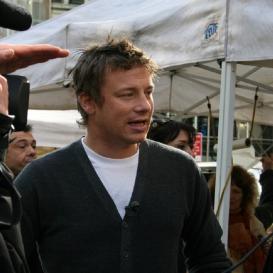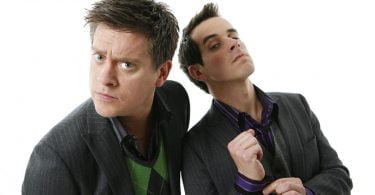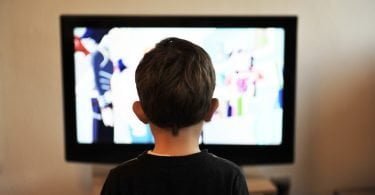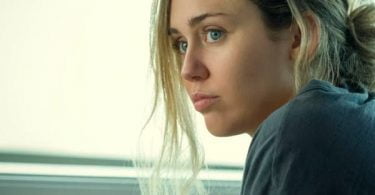Why is it that in a time where so much has been said and done to bring forth a fair amount of equality and inclusiveness among people of all races, genders, faiths and sexual orientations – that we are still seeing such an erasure of modern British chefs? Many of whom represent these things that we stand for in a place such as Britain?
For as long as I can remember, I have heard the names Delia Smith and Gary Rhodes thrown around along with Keith Floyd and Two Fat Ladies. Then came the next generation of cooks who came in and sexed up ‘the old aged pensioner’ feeling of daytime cookery programming a la’ Jamie Oliver once dubbed The Naked Chef and Nigella Lawson.
Yet, not since seeing Ainsley Harriet take to Ready Steady Cook (back in the time when Byker Grove was still on after school TV) have I seen a black chef and he was simply hosting a show.
Minimal strides taken
Sure, we have Lorraine Pascale’s baking programme which used to feature on the BBC. However it is no longer on and it so it seems, minimal strides have been made in terms of building up a culture of diversity on the screen.
Curry has been officially the nation’s ‘favourite dish’ for years now, yet I have only seen Asian chefs and hosts such as Reza Mahammad’s Prince of Spice show and The Big Eat with Ching over on The Food Network (a subscription only channel).
It seems like in the flurry of mass produced easy viewing programmes, which generate great viewership during seasons such as Easter and Christmas, they only demonstrate to their audiences that predominantly white, middle class, male chefs can win in the TV cooking world.
What does this say to young boys and girls from all backgrounds who don’t see themselves portrayed on the screen? At a time when it is said that the UK is facing an epidemic, in terms of obesity crisis, a lot more could be done to encourage children whose parents are over-tired, underpaid and out of cost-effective, tasty meal ideas.
A push for inclusion
Such programming could ignite a spark in children who do want to feel some autonomy over their lives including their food choices.
Things such as campaigns to walk to school, Jamie Oliver’s ‘Healthy School Dinners’ campaign and idle chit chat from the government cannot be the sole means of making a difference.
Adults also need to feel represented in the media – it is very easy to dismiss something as seemingly mundane as a cooking show to be linked to part of the problem.
Many of the general public of whom some shows may be aiming to hit a demographic of late twenty something’s all the way to pensioners – do not have a clue who to look to for cooking tips.
“I don’t know any female chefs,” Andy, 25, from Portsmouth told me.
And he is not alone in his thinking as Olu, 31, had this to say, “I know of Delia because she owned that football club and I think Nigella’s good, plus she’s good looking but other than that I couldn’t really tell you anyone around today. Apart from Gordon.”
So how do we change the perception of who is cooking on our screens and promote wider diversity, including people with the raw talent that all those chefs before them have had? We do that by making programmes which represent the way our country or city look.
Just as in the world of media with its smoke, screens and mirrors there are glass ceilings behind the camera just as there are in front of it.
If production companies and broadcasters start making bolder and more exciting choices we’re bound to see people doing bolder and more exciting things – which is beneficial in more ways than one and pushes on those young, aspiring people of colour who don’t see themselves in the places they should be seen.
What do you think? What more can be done to make cooking TV more diverse? Have your say in the comments section below.









